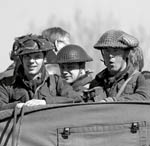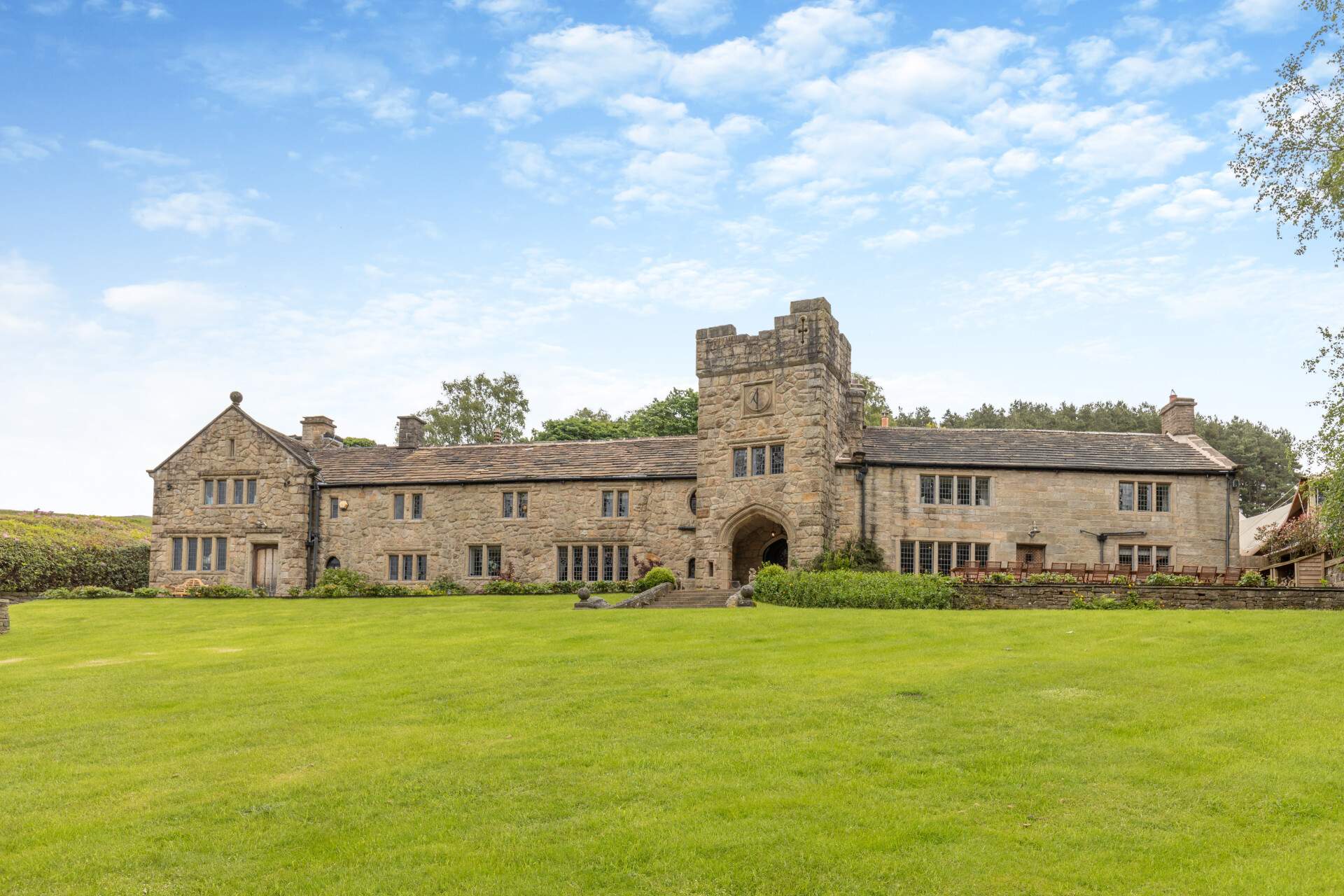The best new military history books
Former Commander of the Field Army Barney White-Spunner lists his favourite military history books of 2013


The coming months are going to be dominated by books about the First World War, and we will be reviewing them separately. I already have 16 to look forward to and I suspect next year's anniversaries will produce even more, as indeed they should-1914 was a year of such enormous significance and such terrible sacrifice that it must be properly and fully remembered, not least to honour our great-grandparents who fought.
I suspect many historians are preparing for that, as this year's crop of other military history has been rather thinner than usual, although there are some excellent books to buy for Christmas, mostly about the Second World War.
One of the most enjoyable and important is Paul Kennedy's Engineers of Victory (Penguin; £25 *£20), which tells the story of how Allied scientific and military ingenuity provided answers to some of the war's most testing tactical problems, from sinking U-boats to getting troops safely ashore in Normandy.
It could almost have been subtitled ‘How the amateurs beat the professionals', as it shows that societies like ours were able to adapt and harness talent in a way that was beyond the totalitarian German regime, despite its strong tradition of professional militarism. This is a fascinating story, impeccably researched, and shedding new light on some of the war's great enigmas.
Staying with the Second World War, Stephen Grady's Gardens of Stone (Hodder & Stoughton; £8.99 *£8.54) is both a very moving and very exciting story of the author's service with the French resistance. His father was a head gardener with what was then the Imperial War Graves Commission, and Mr Grady was living in northern France when the war broke out. He joined the Resistance at the age of 16, an abrupt journey to manhood in occupied France, and he recalls it with astonishing clarity and without sparing our emotions.
I also enjoyed John Buckley's Monty's Men (Yale; £20 *£17), a reappraisal of the British campaign in Europe, from D Day to VE day. It is refreshing to read a book that actually gives the British army credit for what it achieved and its respect for soldiers' lives, when it's often com- pared unfavourably to its Russian and German counterparts, with their willingness to sacrifice vast numbers of men for limited tactical gain.
Lastly, Richard Overy's The Bombing War (Allen Lane; £30 *£23.95) sets out to establish the first full narrative of the bombing war in Europe, which killed about 600,000 civilians and injured a further million. Given the current fashion of denigrating both the military effects and the moral justification of bombing campaigns, it's as well to be accurately apprised of the facts, something this masterly study achieves admirably.
Sign up for the Country Life Newsletter
Exquisite houses, the beauty of Nature, and how to get the most from your life, straight to your inbox.
Moving away from the Second World War, Con Coughlin's Churchill's First War (Mac- millan; £25 *£20) is a gripping account of his early service on the North West Frontier with the Malakand Field Force. One can never fail to admire Churchill's nerve and his ability to get himself posted to the Empire's trouble spots, where he had no right to be-usually to the fury of his commanding officers. What makes this book particularly interesting is the link to today's Afghan campaign.
Lastly, it's not strictly military history, but who could resist The General's Game Book (Pen & Sword; £19.99 *£17.99), Maj Gen Dare Wilson's story of his distinguished military career, which included commanding 22 SAS, told through his various highly entertaining sporting experiences?
Country Life is unlike any other magazine: the only glossy weekly on the newsstand and the only magazine that has been guest-edited by HRH The King not once, but twice. It is a celebration of modern rural life and all its diverse joys and pleasures — that was first published in Queen Victoria's Diamond Jubilee year. Our eclectic mixture of witty and informative content — from the most up-to-date property news and commentary and a coveted glimpse inside some of the UK's best houses and gardens, to gardening, the arts and interior design, written by experts in their field — still cannot be found in print or online, anywhere else.
-
 Some of the finest landscapes in the North of England with a 12-bedroom home attached
Some of the finest landscapes in the North of England with a 12-bedroom home attachedUpper House in Derbyshire shows why the Kinder landscape was worth fighting for.
By James Fisher
-
 John Sutcliffe — The man, the myth and the paint-naming legend behind Dead Salmon and Elephant's Breath
John Sutcliffe — The man, the myth and the paint-naming legend behind Dead Salmon and Elephant's BreathBy Carla Passino